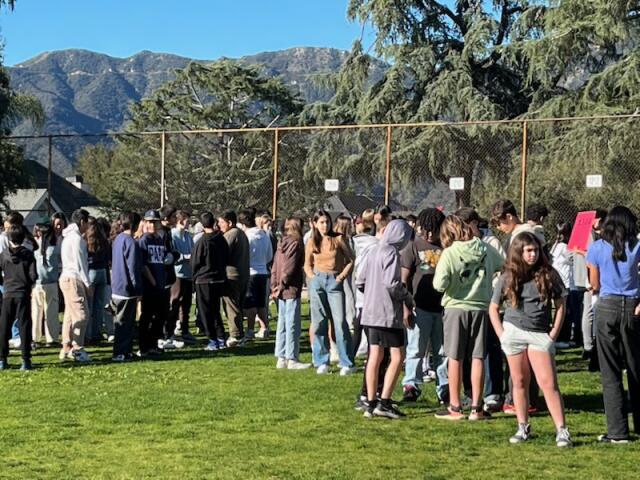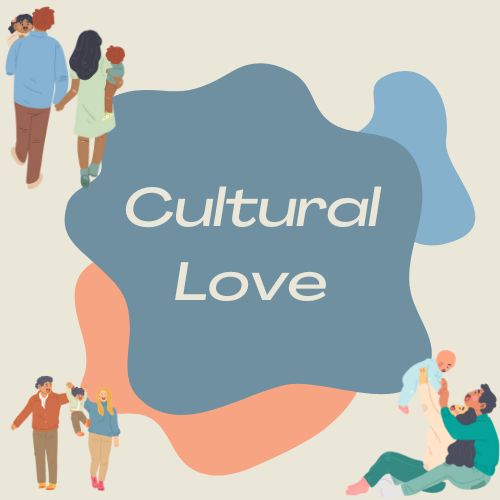Cultural appropriation v.s. Cultural appreciation
What’s the Difference?
What is the difference between cultural appropriation and cultural appreciation? Cultural appropriation is taking advantage of and using cultural aspects for your interests, in other words being inconsiderate toward people’s sacred traditions. In contrast, cultural appreciation is genuinely desiring to learn about different cultures and experience traditions.
Other people’s cultures and traditions are sacred to them, you may not agree or participate in the same manner but this does not at all allow you to be disrespectful to people’s lifestyles. Against contrary beliefs, you can still participate in and support ceremonies or events of a culture you don’t necessarily take part in. By celebrating and respecting the beliefs of others you can experience traditions you would have never before.
Can you participate in traditions that aren’t your own while being respectful?
Specific traditions call for only people of the respective culture to take part, in this case, you can appreciate the tradition without interacting or becoming involved. Nevertheless, many other cultures celebrate and are happy to embrace people of outside ways to enjoy their ceremonies as they do. By involving yourself with other cultures you can broaden your perspective considerably, and begin to appreciate the dedication and majesty of people’s lifestyles.

For clarification in specific cultures, you can participate in a tradition not your own in the most respectful way by only taking part if you’re invited by someone of said culture to partake in a personal or small group event where everyone accepts you as being present. For example, you shouldn’t host your celebration, however, if invited to one by another person you can agree and celebrate alongside them. Always do research beforehand to make sure you can do so considerately.
Doing your research is always a key element of cultural appreciation, as Sally Myles tells,” Since a culture involves groups of people, it is not enough to get permission from one person to use or wear an aspect of a culture. Likewise, while an individual from that culture may not personally mind if you use or wear it, they are not the spokesperson for an entire culture. It is important to realize that cultural appropriation can disrespect a group much larger than a few individuals.”
Things to Avoid doing/saying:
Before doing something morally wrong, think about your actions and how they could hurt somebody. By mimicking, making fun of, or inadvertently bullying someone of their culture you are disrespecting their ancestor’s history and culture. When buying clothing and accessories with cultural meaning avoid using them for style and make sure to pay tribute to their cultural purposes. Also, research if it is an authentic garment and if the profits are going to the right place. Additionally before using something from another culture think about why you are doing it (is it because it’s stylish or is it because you are curious about the culture it’s from and you want to learn about it and respect it) Avoid wearing things with traditional meanings such as clothing, jewelry, or symbols without knowing their cultural importance and without doing research. Before doing something that is from another culture make sure to think about how you would feel if it was your culture that someone was talking about ng a similar aspect. Put yourself in their shoes.

Something else you should avoid is taking pictures or videos of an important statue or ceremony. Many cultures and religions find it extremely disrespectful and impolite to take pictures of a traditional figure, especially so if you’re posting on the internet. While visiting meaningful cultural sites many of them will tell you not to take any photos or videos, because to them the prominence of being present in front of an important figure is enough of a privilege in itself.
Stereotypes are harmful and disruptive rude conceptions made to fit a minority into a common group, said well by Sally Myles,” Stereotypes are generalizations (positive or negative ones) about all or most people in a cultural group. Stereotypes deny our individuality – all people from a cultural group are NEVER the same.”
Note:
Special thanks to Sally Myles, a Teacher Specialist in Diversity, Equity, and Inclusion, for expressing her thoughts and familiarity to help this article be as knowledgeable and considerate as possible. To hear her entire thoughts please look at the article of her reflections below: https://docs.google.com/document/d/19n8dkHz7YO33ErZc1EC5Z7ED1xgH7q2a/edit#
Sources:
Your donation will support the student journalists of Rosemont Middle School. Your contribution will allow us to purchase equipment and cover our annual website costs.

Hello, my name is Leni Frommel-Martinez, I am an 8th grader that is a member of the Spartan Scroll and an editor for the news section. I have been a vegetarian...

Sofia Diamond was born and raised in the local Los Angeles area. She used to live in Eagle Rock and went to an LAUSD school. As an 8th grader at Rosemont...













